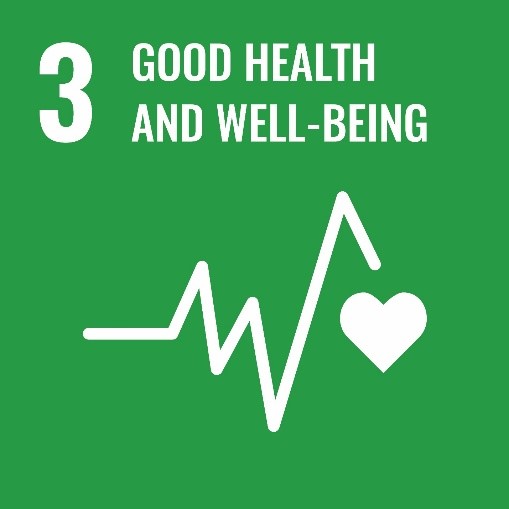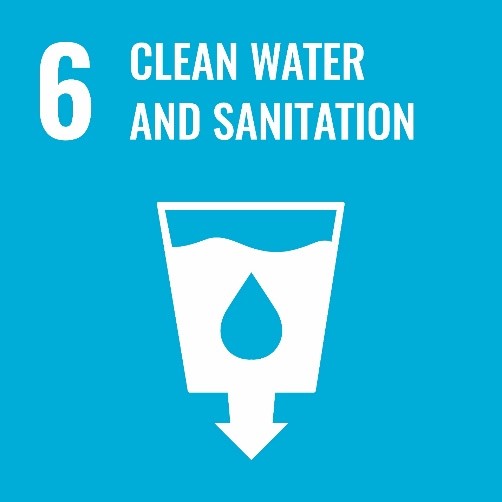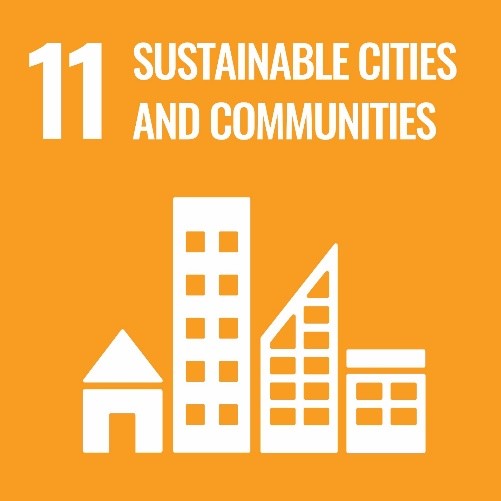DDT poses still a serious global environmental problem – especially when it comes to obsolete DDT. As DDT continues to be needed for disease vector control, it is prudent to make special effort to strengthen the management of DDT, until DDT has been fully eliminated. Advancing the environmentally sound management and elimination of DDT in line with the provisions of the Stockholm Convention therefore requires close cooperation and coordination among international organizations and other stakeholders.
Synergies with the Rotterdam Convention on the Prior Informed Consent Procedure for Certain Hazardous Chemicals and Pesticides in International Trade
DDT is also listed under Annex III to the Rotterdam Convention and subject to the PIC procedure. The chemicals listed in Annex III include both pesticides and industrial chemicals that have been banned or severely restricted for health or environmental reasons by two or more Parties and which the Conference of the Parties has decided to subject to the PIC procedure.
In its report in 2020, the DDT Expert group recommended COP to request the Secretariat to establish data-sharing on imports and exports, including of DDT obsolete stocks, between Basel, Rotterdam and Stockholm conventions for efficient monitoring, sound management and disposal of DDT obsolete stocks, thus contributing to global efforts disposing large quantities of obsolete DDT and associated waste.
Cooperation with UNEP on activities related DDT
At its fourth meeting, held in May 2009, the COP endorsed the establishment of a “Global Alliance for the development and deployment of products, methods and strategies as alternatives to DDT for disease vector control” and requested the Secretariat to lead its implementation (decision SC-4/2) . The fifth meeting of the COP (decision SC 5/6) decided to transfer the leadership the Global Alliance on alternatives to DDT and in 2011 the COP invited the United Nation Environment Programme (UNEP) to lead its implementation. The Secretariat is collaborating closely with UNEP in DDT-related matters and for example in the implementation of the road map for the development of Alternatives to DDT. The Secretariat is also cooperating with other important UNEP activities and initiatives.
Cooperation with the World Health Organization (WHO)
DDT production and/or use under the Stockholm Convention is restricted for disease vector control purposes DDT, when no equally effective and efficient alternative is available, and in accordance with related World Health Organization (WHO) recommendations and guidelines. Furthermore, paragraph 4 of Part II in Annex B of the Convention requires Parties, registered to use DDT for acceptable purposes, to provide information to the Secretariat and WHO on the amount used, the conditions of such use and its relevance to the Party’s disease management strategy. Hence, the Secretariat works in close collaboration with WHO in order to fulfil its mandate.
DDT and the Sustainable Development Goals (SDGs)
The 2030 Agenda for Sustainable Development, adopted by all United Nations Member States in 2015, provides a shared blueprint for peace and prosperity for people and the planet, now and into the future. At its heart are the 17 SDGs, which are an urgent call for action by all countries - developed and developing - in a global partnership.
The evaluation of continued need of DDT cuts across the SDGs and is directly linked to the achievement of various Goals and targets. Some of the particularly relevant Goals and targets are shown below.

|
SDG 3: Ensure healthy lives and promote well-being for all at all ages. |
Target 3.9: By 2030, substantially reduce the number of deaths and illnesses from hazardous chemicals and air, water and soil pollution and contamination. |
 |
SDG 6: Ensure availability and sustainable management of water and sanitation for all. |
Target 6.3: By 2030, improve water quality by reducing pollution, eliminating dumping and minimizing release of hazardous chemicals and materials, halving the proportion of untreated wastewater and substantially increasing recycling and safe reuse globally. |
 |
SDG 11: Make cities and human settlements inclusive, safe, resilient and sustainable. |
Target 11.6: By 2030, reduce the adverse per capita environmental impact of cities, including by paying special attention to air quality and municipal and other waste management. |
Through decision SC-9/19, the COP to the Stockholm Convention joined UNEA in emphasizing the need for urgent and resolute action to implement the 2030 Agenda for Sustainable Development on matters related to the sound management of chemicals and waste, including through relevant improvements to the current international framework for the sound management of chemicals and waste. The COP further called upon all Parties and other stakeholders to intensify and prioritize efforts on the sound management of chemicals and waste towards the achievement by 2020 of target 12.4 of the 2030 Agenda for Sustainable Development, including through technical assistance and capacity building, to enable Parties to meet the relevant goals and targets of the 2030 Agenda as soon as possible.